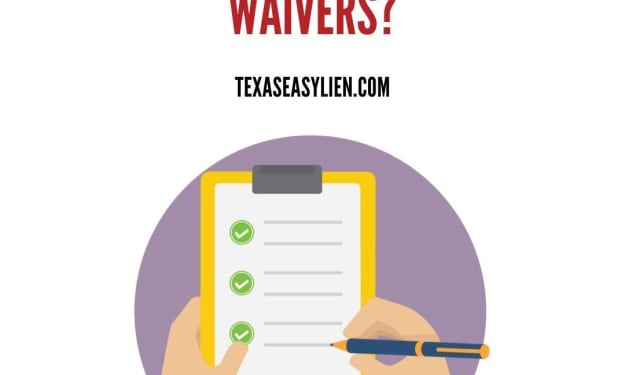Client refused to pay? It’s time to file a Mechanic’s lien
Not paying for work that has been completed is a major no-no. When it happens, you should know your rights.

Project owners can be so confusing in the construction industry. One minute they're ready to start a project that needs to be done yesterday, and the next, they're nit-picking the cost. While some pay their bills on time, there are also those dreaded others that sit on them and balk at the cost they knew was coming. So frustrating! When this happens, it’s definitely not one of those "the client is always right" situations. Not paying for work that has been completed is a major no-no. When it happens, you should know your rights. Fortunately, state Construction Laws are on your side in cases of non-payment. These laws were created to protect the contractors in the construction industry. Let's look at the most reliable, sure-fire way to get your well-deserved and hard-earned money if you find yourself in a non-payment situation.
File for a mechanics lien.
What Is A Mechanics Lien?
When you are a contractor working directly with a project owner or a subcontractor working for a general contractor, you are eligible to file a mechanics lien against the property for any labor, construction materials, or other services left unpaid.
A mechanics lien (also called a property lien or a construction lien) is a legal tool to ensure no labor or other construction costs are left unpaid after a project finishes or closes. It’s a legal document bound to the property owner's title that ensures the property cannot be renegotiated, sold, or lent against until the debt attached to the mechanic's lien is resolved. The presence of a mechanic's lien creates a "haze" on the property and sends a red flag to lenders and buyers, making it extremely difficult for the owner to do anything with the property.
Who Can File A Mechanics Lien?
Anyone who has provided labor or materials on a construction project is eligible to file a mechanic's lien to protect their payment rights.
Let's assume you took on a construction project at an agreed-upon cost of $6000. You recruited labor, managed subcontractors for materials and supplies, and oversaw the job from start to finish. Halfway through the job, your client owes you $3000 (as agreed, which is half of the contract cost). However, the client refuses to pay for unjustifiable reasons, like "the work isn't acceptable" or "this task does not merit that much." Assuming that you had explained all the project details (for example, scope, measurements, materials, and so on) before construction began, the client has no right to refuse to pay – especially since the work has been supplied.
In this or similar cases, you are qualified to file a mechanic's lien for breach of contract. Lien laws differ a bit state-by-state - so please do your research to make sure you follow the required process. For example, a Texas mechanic's lien will differ some from a New York one.
When you file a lien against the property, it’s like you own a piece of it. Referring to the example above, it would imply that you own $3000 of it. This is the reason the property owner can't do anything with the property until all the associated liens are cleared. Furthermore, when filed with the proper state office, a mechanic's lien is public so that anyone can see it. This usually compels difficult clients to pay off their balances because it is only then that they can reclaim the property as theirs and theirs alone.
As mentioned before, a mechanic's lien is meant to protect the workers and contractors. It ensures that regardless of how much time passes or how difficult the client is, you will be paid what is legitimately owed for your work. Not to worry though, mechanic's liens are not difficult to file and usually settled before having to be enforced in a court of law. After all, property owners don't really want liens to affect their properties. In other words, not complying with payment can hurt them just as much as you, thanks to construction laws.
About the Creator
Georgie Barney
Georgie is an expert in writing about legal forms and documents that may help you when you are in the search of the right legal document.






Comments
There are no comments for this story
Be the first to respond and start the conversation.